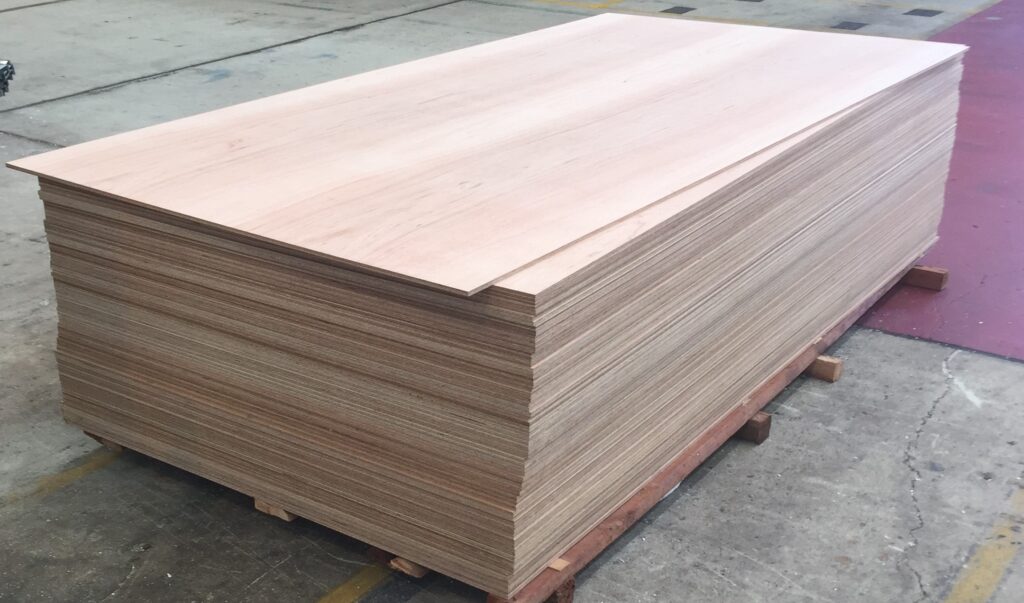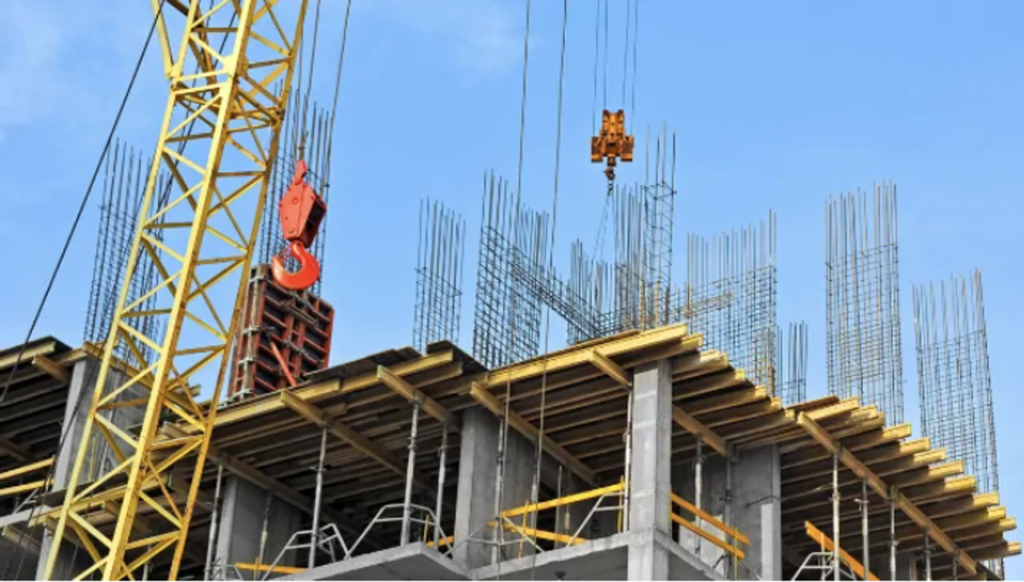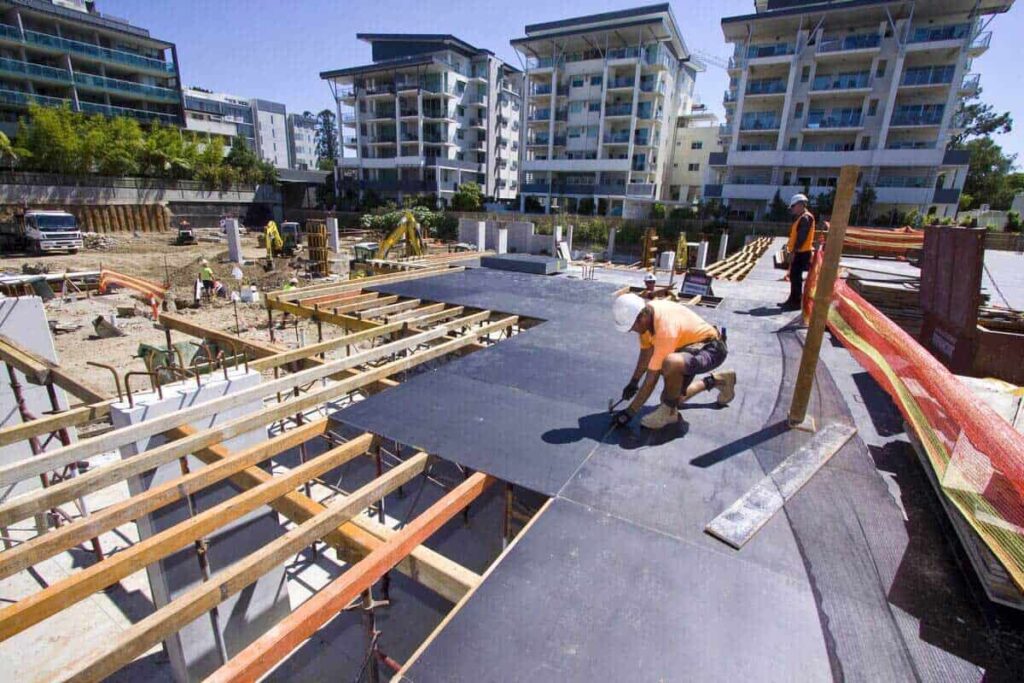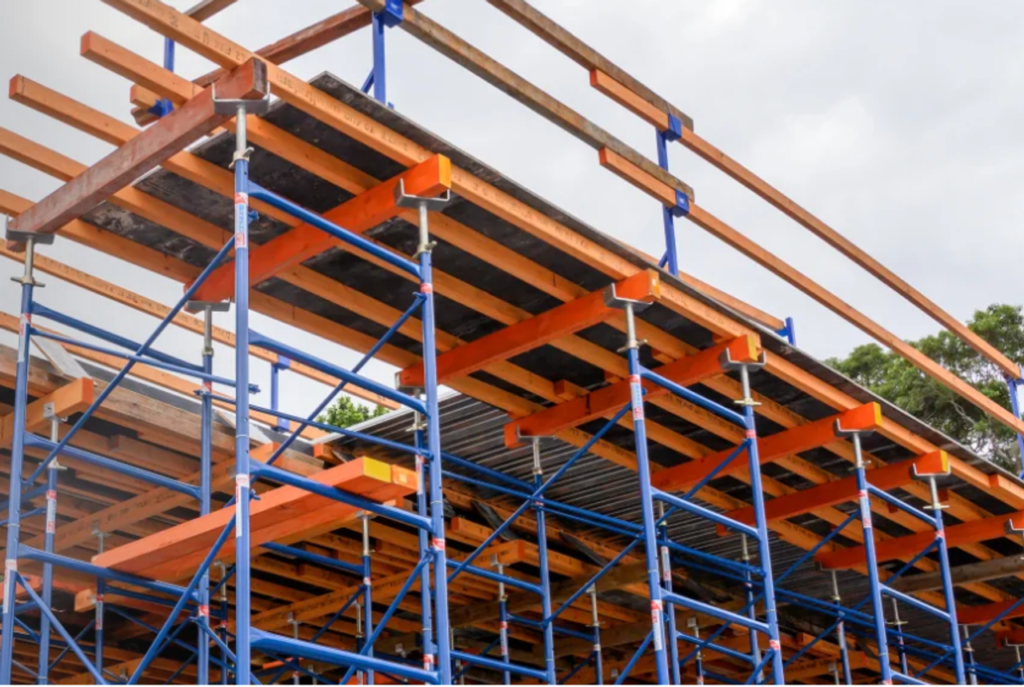Formwork is an essential component in construction projects, providing temporary support and structure to ensure the integrity of concrete structures. When it comes to formwork, one material stands out for its exceptional strength and durability: F14 grade plywood. In this article, we will dive deep into the basics of F14 grade plywood, exploring its manufacturing process, key features, and the benefits it offers for formwork applications.
Understanding the Basics of F14 Grade Plywood
Before delving into the strength and durability of F14 grade plywood, it is important to understand the basics of this versatile construction material. F14 grade plywood is primarily used in structural and non-structural applications, thanks to its high strength-to-weight ratio and superior performance under load.
The manufacturing process plays a crucial role in determining the quality of F14 grade plywood.
F14 grade plywood is made by pressing multiple layers of thin wood veneers together with adhesives. Each layer, or ply, is typically oriented perpendicular to the adjacent plies, enhancing the panel’s strength and dimensional stability. This cross-grain construction method ensures that the plywood can withstand forces from different directions, making it highly resistant to warping and bending.
During the manufacturing process, heat and pressure are applied to bond the plies together, resulting in a strong and rigid panel. The adhesives used in F14 grade plywood are carefully selected to provide excellent bonding strength and durability. This ensures that the panels can withstand the rigors of construction and maintain their structural integrity over time.
Once the panels are ready, they undergo a grading process to determine their overall quality and suitability for various applications. This grading process involves evaluating factors such as the number of defects, thickness, and overall appearance of the plywood. Panels that meet the stringent criteria for F14 grade are then labeled and ready for use in construction projects.
Key Features of F14 Grade Plywood
F14 grade plywood boasts several features that make it a preferred choice for formwork applications. Firstly, it exhibits excellent dimensional stability, meaning it resists warping, shrinking, and expanding under environmental conditions. This stability ensures the integrity and accuracy of formwork structures, allowing for precise and consistent concrete pours.
Additionally, F14 grade plywood has high resistance to moisture, making it suitable for both indoor and outdoor applications. It is treated with special preservatives to enhance its durability and protect it from rot, fungal growth, and insect infestation. This treatment not only extends the lifespan of the plywood but also ensures that it can withstand the harsh conditions often encountered in construction sites.
Furthermore, F14 grade plywood is engineered to withstand heavy loads and pressure without compromising its structural integrity. This makes it an ideal material for formwork, where the panels need to support the weight of concrete and other construction materials. The strength of F14 grade plywood allows for the construction of robust and reliable formwork systems, ensuring the safety and efficiency of concrete construction projects.
In conclusion, F14 grade plywood is a versatile and reliable construction material that offers exceptional strength, durability, and dimensional stability. Its manufacturing process and key features make it an ideal choice for various applications, particularly in formwork. Whether it’s for structural or non-structural purposes, F14 grade plywood is a valuable asset in the world of construction.
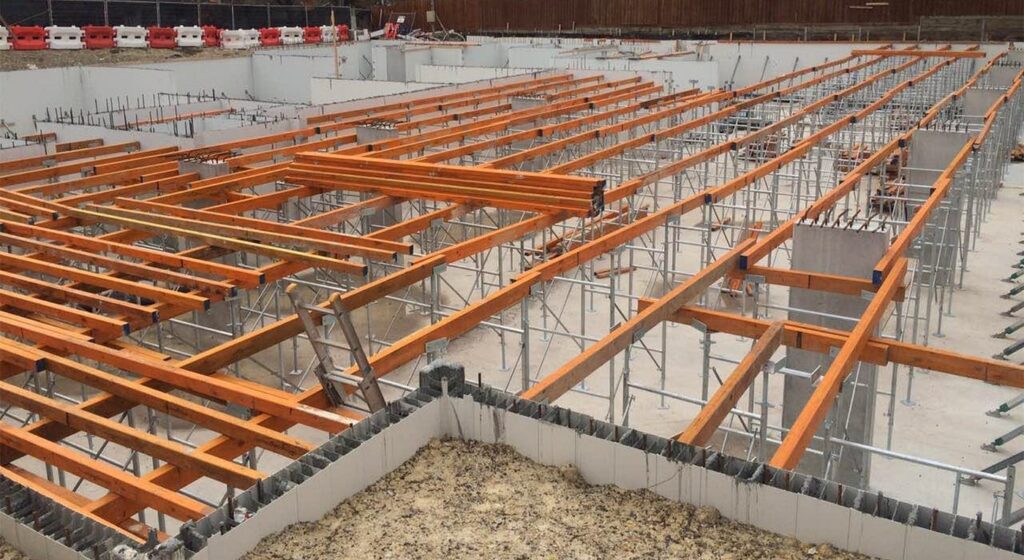
The Strength of F14 Grade Plywood
When it comes to plywood, strength is a critical factor in determining its suitability for various applications. In the case of F14 grade plywood, its strength properties make it a top choice for formwork projects.
F14 grade plywood is known for its exceptional durability and ability to withstand heavy loads and pressure. This makes it ideal for use in construction projects where strength and stability are paramount. The high-quality materials used in F14 grade plywood, along with precise manufacturing techniques, result in a product that offers reliable performance even in challenging environments.
How Strength is Measured in Plywood
The strength of plywood is measured in different ways, including modulus of rupture (MOR) and shear strength. The modulus of rupture indicates how much stress the plywood can withstand before breaking, while shear strength measures the panel’s resistance to parallel forces applied at the edges. Read more about resistance at http://hyperphysics.phy-astr.gsu.edu/hbase/electric/resis.html
F14 grade plywood exhibits impressive strength characteristics, often surpassing lower grade options. The combination of high-quality materials and the manufacturing process contribute to its exceptional strength properties.
Additionally, the thickness of the plywood can also impact its strength. Thicker plywood panels, such as those used in F14 grade plywood, offer increased structural integrity and load-bearing capacity, making them suitable for heavy-duty applications.
Comparing F14 Grade Plywood to Other Grades
While F14 grade plywood stands out for its strength, it is essential to understand how it compares to other grades. Lower-grade plywood, such as F11 or F8, may offer cost advantages but might not provide the same level of strength and durability required for demanding formwork applications.
When choosing plywood for formwork, it is crucial to assess the specific project requirements and consult with professionals to determine the most suitable grade. Factors such as the expected loads, environmental conditions, and project duration should all be taken into consideration to ensure the plywood selected meets the necessary strength and performance criteria.
The Durability of F14 Grade Plywood
Aside from strength, durability is another crucial factor when selecting plywood for formwork applications. F14 grade plywood is engineered to withstand the demanding conditions encountered during construction projects.
Factors Contributing to Plywood Durability
There are several factors that contribute to the overall durability of F14 grade plywood. Firstly, the quality of the wood veneers used in the manufacturing process directly influences the panel’s ability to withstand wear, moisture, and other external factors.
The adhesive used in bonding the plies is also a vital factor in plywood durability. High-quality adhesives ensure strong and lasting bonds between the layers, preventing delamination and enhancing the panel’s overall durability.
Furthermore, F14 grade plywood undergoes additional treatment processes, such as preservative treatments, to enhance its resistance to moisture, decay, and insect damage. These treatments significantly extend the lifespan of the plywood, making it suitable for long-term formwork applications.
But what exactly goes into these preservative treatments? Well, F14 grade plywood is treated with chemicals that penetrate deep into the wood fibers, creating a protective barrier against moisture and insects. These chemicals not only prevent decay and insect damage but also inhibit the growth of mold and fungi, ensuring the plywood remains structurally sound over time. To read more about inhibit click here.
Moreover, the preservative treatments used on F14 grade plywood are carefully formulated to be environmentally friendly. They are designed to minimize any potential harm to the environment while still providing the necessary protection for the plywood
Longevity and Maintenance of F14 Grade Plywood
With proper care and maintenance, F14 grade plywood can provide excellent longevity in formwork applications. Regular inspections should be conducted to identify any signs of wear, damage, or moisture intrusion.
To prolong the lifespan of F14 grade plywood, it is crucial to store and handle the panels correctly. Proper stacking and protection from direct exposure to sunlight and excessive moisture help maintain their structural integrity.
Additionally, periodic cleaning and reapplication of protective coatings, as recommended by the manufacturer, can further enhance the durability of F14 grade plywood. These coatings act as an extra layer of defense, shielding the plywood from harsh weather conditions and preventing the accumulation of dirt and debris.
It’s important to note that while F14 grade plywood is highly durable, it is not indestructible. Heavy impacts, excessive loads, or prolonged exposure to extreme weather conditions can still cause damage. Therefore, it is essential to handle and use F14 grade plywood with care, following the manufacturer’s guidelines and recommendations.
Utilizing F14 Grade Plywood in Formwork
The exceptional strength and durability of F14 grade plywood make it a highly suitable material for formwork projects. Whether you’re constructing a residential building, a commercial structure, or even an architectural masterpiece, F14 grade plywood is the go-to choice for ensuring the stability, safety, and precision of your formwork.
Benefits of Using F14 Grade Plywood in Formwork
When used in formwork, F14 grade plywood offers numerous benefits. Its high load-bearing capacity ensures the stability and safety of the formwork structure, allowing for the proper placement and curing of concrete. You can have peace of mind knowing that your formwork will withstand the weight and pressure exerted by the concrete, ensuring a solid foundation for your project.
The dimensional stability of F14 grade plywood also ensures accurate and consistent formwork, leading to precise concrete shapes and dimensions. This is particularly important in projects that require specific architectural finishes or tight tolerances. With F14 grade plywood, you can achieve the exact shape and dimensions you envision, resulting in a flawless finished product.
Moreover, the moisture resistance of F14 grade plywood enables it to withstand the wet conditions associated with concrete pouring. It minimizes swelling and warping, ensuring the formwork maintains its shape and integrity throughout the curing process. You won’t have to worry about the plywood losing its strength or compromising the quality of your concrete due to moisture-related issues.
Precautions When Using F14 Grade Plywood in Formwork
While F14 grade plywood offers exceptional performance in formwork applications, certain precautions should be taken to ensure its optimal use and longevity. By following these precautions, you can maximize the lifespan of your formwork and ensure the success of your project.
Firstly, proper design and construction techniques should be followed to avoid excessive loading or unsupported spans that could compromise the integrity of the plywood formwork. Consulting with experienced engineers and formwork specialists is crucial in this regard. They can provide valuable insights and recommendations to ensure your formwork is designed and built to withstand the specific demands of your project.
Furthermore, F14 grade plywood should be adequately protected from prolonged exposure to excessive moisture or extreme weather conditions. While the plywood is moisture-resistant, it’s always best to take extra precautions to prolong its lifespan. Proper curing of concrete and the use of appropriate release agents can help prevent moisture-related issues and ensure easy removal of the formwork after concrete has set.
By taking these precautions, you can confidently utilize F14 grade plywood in your formwork projects, knowing that you’re using a reliable and durable material that will deliver exceptional results. So go ahead, embrace the strength and versatility of F14 grade plywood, and bring your architectural visions to life!
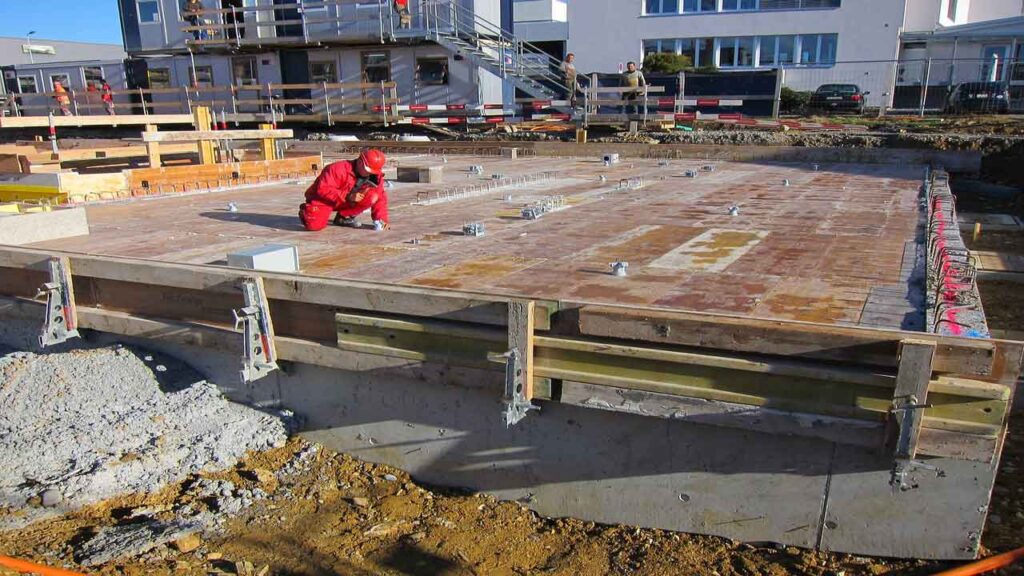
Purchasing and Pricing of F14 Grade Plywood
When considering F14 grade plywood for formwork applications, it is important to understand where to buy it and the factors that influence pricing.
To read more click here.
Where to Buy F14 Grade Plywood
F14 grade plywood can be purchased from reputable suppliers specializing in construction materials and plywood products. It is advisable to seek suppliers with a proven track record of delivering high-quality and certified F14 grade plywood.
Local building supply stores, construction material distributors, and online platforms can serve as valuable sources for purchasing F14 grade plywood. Always ensure that the supplier meets your specific requirements and provides necessary certifications and documentation.
Understanding Pricing Factors for F14 Grade Plywood
The pricing of F14 grade plywood can vary based on several factors. Firstly, the overall quality of the plywood, including the sourcing of materials, manufacturing processes, and certifications, can influence the price.
Market demand, availability, and regional factors can also contribute to price fluctuations. Additionally, the size, thickness, and quantity required may affect the cost.
It is advisable to obtain quotes from multiple suppliers and compare pricing, ensuring that the chosen product meets both quality and budget requirements.
In Conclusion
F14 grade plywood offers unparalleled strength and durability, making it an excellent choice for formwork applications. Its manufacturing process, key features, and reliability in load-bearing conditions make it a preferred material for construction projects of various scales.
Understanding the basics of F14 grade plywood, its strength and durability properties, and the precautions and considerations when using it in formwork ensure optimized performance and long-term value for construction professionals and contractors alike.
